Collections
-
-
Collection |
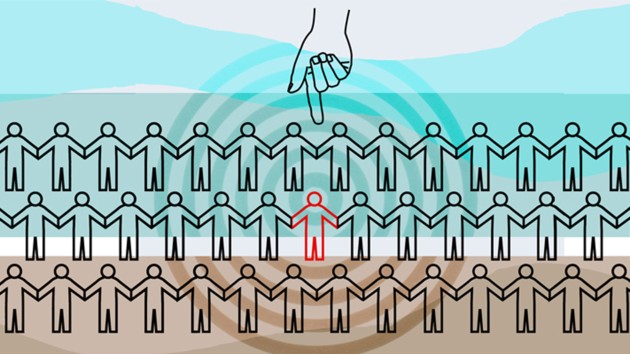 Overcoming challenges in rare genetic diseases
Overcoming challenges in rare genetic diseases
Rare genetic diseases affect more than 300 million people worldwide, so collectively are a major health burden.
Image: Artvile/Getty images -
Collection |
 Key Advances in Medicine 2019
Key Advances in Medicine 2019
The Key Advances in Medicine 2019 collection, a collaborative effort from the eight clinical Nature Reviews journals, offers expert insight into the most important discoveries made in 2018, and is an essential resource for students, physicians and clinical researchers.
-
Collection |
 Key Advances in Cardiology
Key Advances in Cardiology
The Key Advances in Cardiology collection offers expert insight into the most important discoveries made each year, and is an essential resource for students, physicians and clinical researchers.
-
Collection |
 Bioelectronic interfaces
Bioelectronic interfaces
In health and biomedical applications, electronic technologies allow monitoring, sensing and extracting physiological data as well as correcting or supporting tissue function through electrical stimuli. This collection highlights the recent developments in materials science, electronics and biology of bioelectronic devices.
Image: Andriy Popov / Alamy Stock Photo -
Focus |
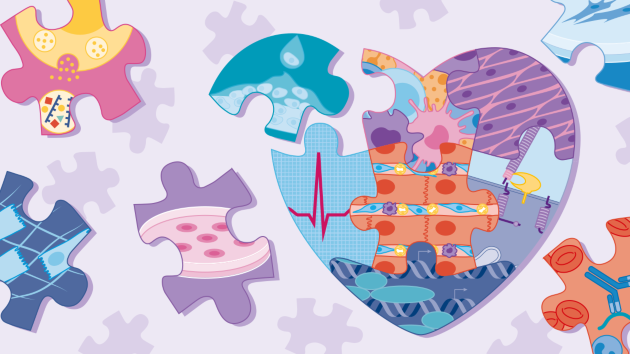 Cardiac development and regeneration
Cardiac development and regeneration
This focus issue from Nature Reviews Cardiology provides a broad overview of the most important recent advances in heart development and regeneration. These specially commissioned articles highlight the opportunities of integrating the knowledge gained from preclinical and clinical studies to guide the development of new therapies and the design of future clinical trials of heart regeneration.
Image: V. Summersby -
Focus |
 Cardiovascular ageing
Cardiovascular ageing
Ageing is a major risk factor for cardiovascular diseases. This Focus issue from Nature Reviews Cardiology describes the mechanistic pathways involved in cardiovascular ageing (mitochondrial dysfunction, oxidative stress, inflammation, cell senescence, telomere shortening, and endothelial dysfunction) and therapeutic approaches aimed at slowing the deleterious effects of age on the heart and vasculature.
Image: V. Summersby -
Collection |
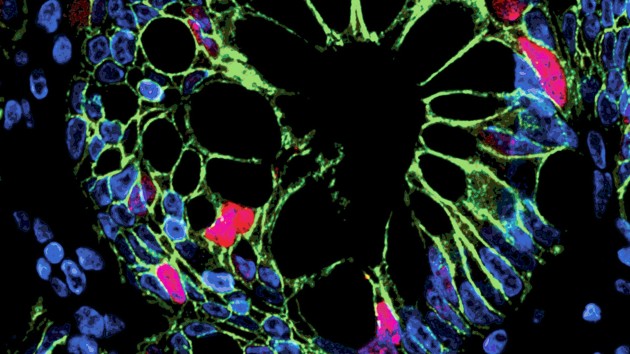 Stem cells from development to the clinic
Stem cells from development to the clinic
Stem cells are well on their way into the clinic and can be used in a variety of applications, such as disease modelling, drug screening and for regenerative medicine. This collection showcases research articles, reviews and protocols from across the Nature journals to highlight the striking advances made in basic and translational stem cell research.
Image: Miguel Quiros and Asma Nusrat -
Milestone |
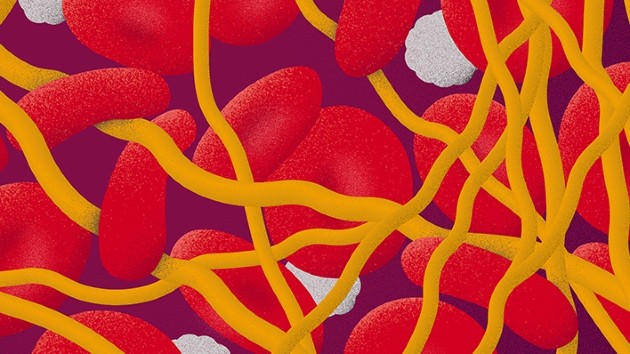 Anticoagulants
Anticoagulants
Anticoagulant drugs are used to prevent and treat thrombotic disorders in millions of patients worldwide. This Milestone plots the history of anticoagulant drugs, starting with the discovery and clinical trials of heparin and warfarin.
Image: Chris Ryan/Macmillan Publishers Limited -
Series |
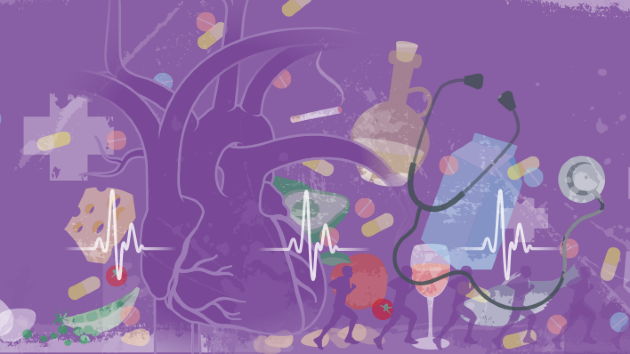 Prevention of cardiovascular disease
Prevention of cardiovascular disease
This Series features articles on the latest advances in the field of primary prevention of cardiovascular disease, from lifestyle modification approaches to pharmacological and clinical interventions, to reduce the incidence of cardiovascular events.
Image: V. Summersby -
Collection |
 Key Advances in Medicine 2018
Key Advances in Medicine 2018
Much like our oceans, the world of clinical and biomedical research is vast, fast-paced, dynamic and full of unanswered questions. In 2017, numerous advances were made that could change the tide of efforts to fight disease. The Key Advances in Medicine eBook distils the major discoveries made in 2017 and highlights trends to look out for in 2018.
-
Collection |
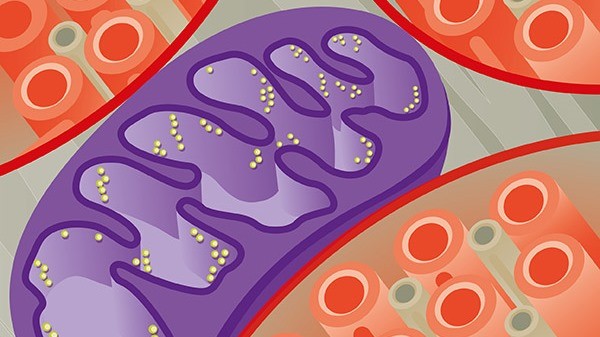 Mitochondria and the heart
Mitochondria and the heart
Nature Reviews Cardiology brings together a collection of the most recent articles from Nature Research journals that highlight the role of mitochondria in the heart, from mitochondrial energy production to redox signalling or mitochondrial calcium efflux, and the new opportunities for mitochondria-targeted therapies in cardiac diseases.
Image: Nicola Hawes

 Epidemiology of cardiovascular disease
Epidemiology of cardiovascular disease